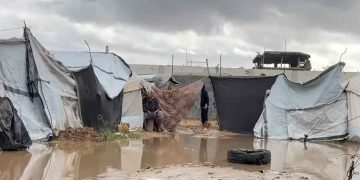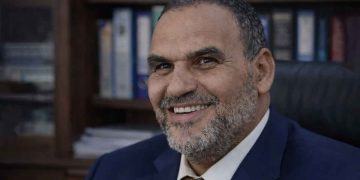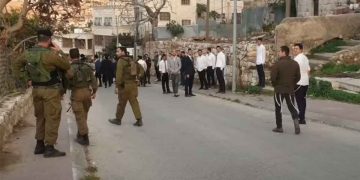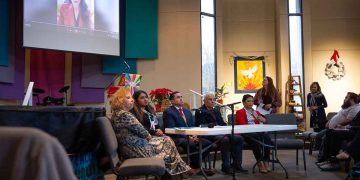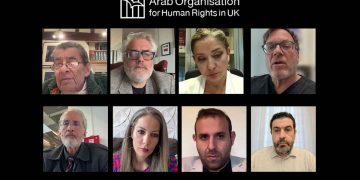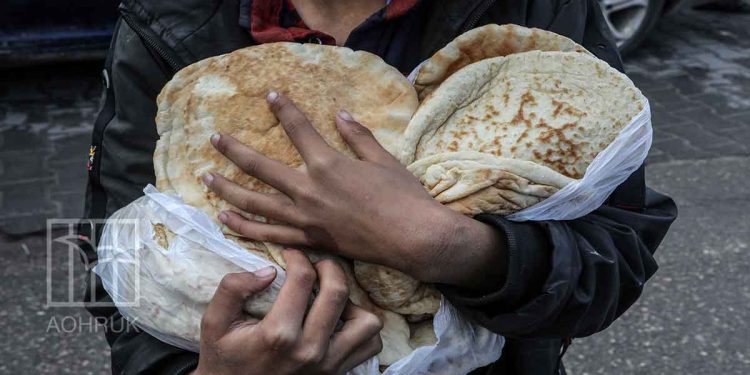The humanitarian situation in the Gaza Strip remains catastrophic despite the ceasefire, as Israeli-imposed restrictions continue to limit the entry of aid and international relief workers. This has caused thousands of food trucks to pile up at the crossings and delayed the delivery of essential supplies to the population.
According to UNRWA, more than 90% of Gaza’s residents depend on food assistance, while many receive only one meal every 24 hours. Meanwhile, only about 170 trucks enter the Strip daily, far below the minimum required to meet basic needs.
Thousands of families continue to be displaced. More than 80,000 displaced people currently live in around 100 shelters. The education sector is also facing enormous challenges: about 300,000 students are learning remotely and 50,000 are attending in person under harsh conditions. This includes 44,000 children receiving education in 330 temporary learning spaces across 59 shelters, according to the UN agency.
Many children are forced to sit on cold floors due to the lack of desks and chairs, making learning even more difficult and undermining their sense of safety and stability.
Health services also remain under extreme pressure. Clinics receive around 15,000 patients per day across 7 centers and 35 mobile medical points. Since the beginning of the war, medical visits have exceeded 15 million, amid soaring malnutrition rates that have reached nearly 90%.
Data also shows a steep decline in UNRWA’s operational capacity: 90% of its roughly 300 facilities have been damaged, 380 staff members have been lost since the start of the war, and the agency faces a financial deficit estimated at around $200 million. This comes amid the suspension of U.S. funding and coordinated campaigns aimed at discrediting its work and falsely linking it to terrorism.
The current situation indicates that Gaza’s humanitarian crisis is ongoing and likely to worsen, highlighting the urgent need for immediate intervention to ensure the delivery of aid and protect civilians’ rights to food, health, education, and a dignified life, in accordance with international human rights law and international humanitarian law.

